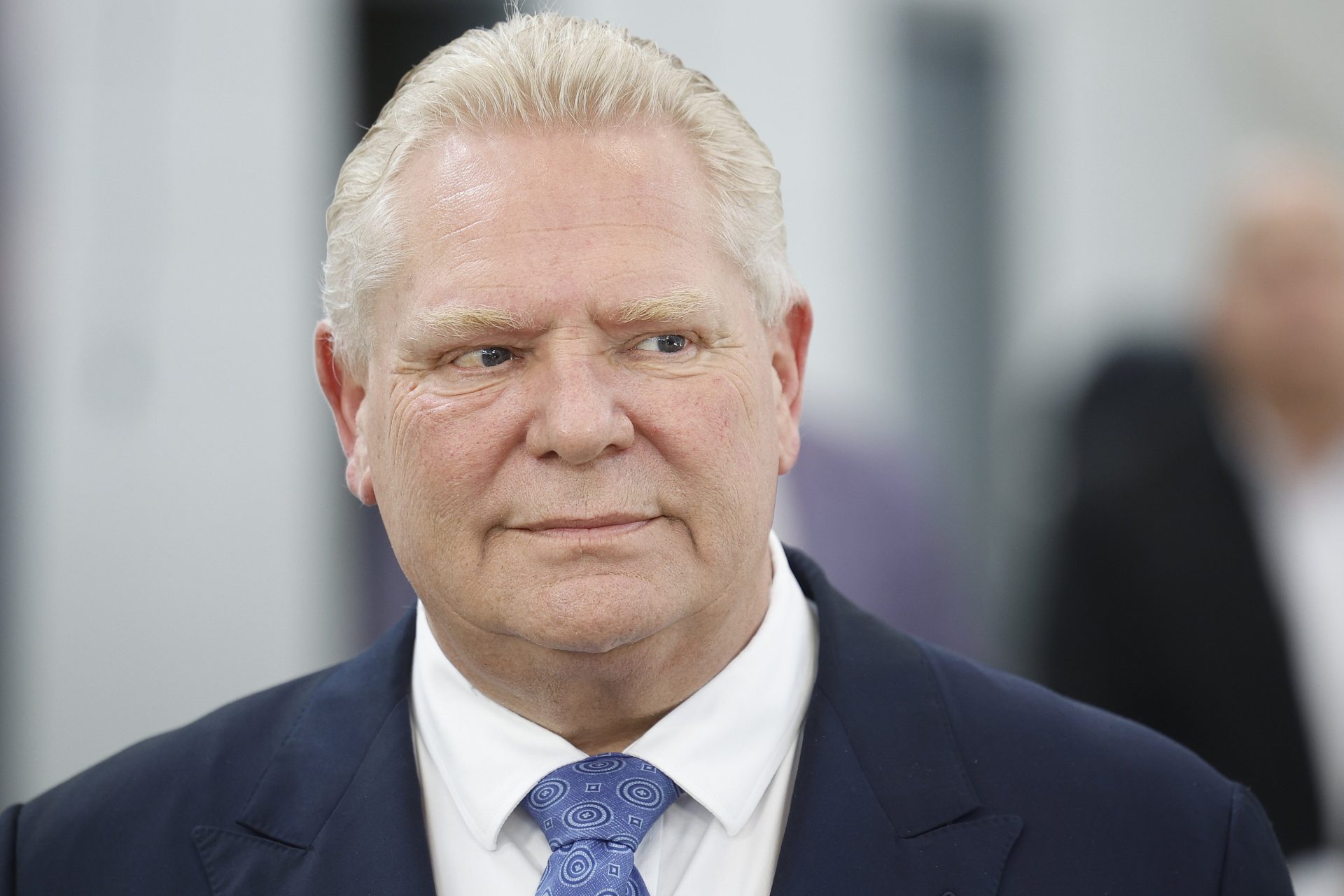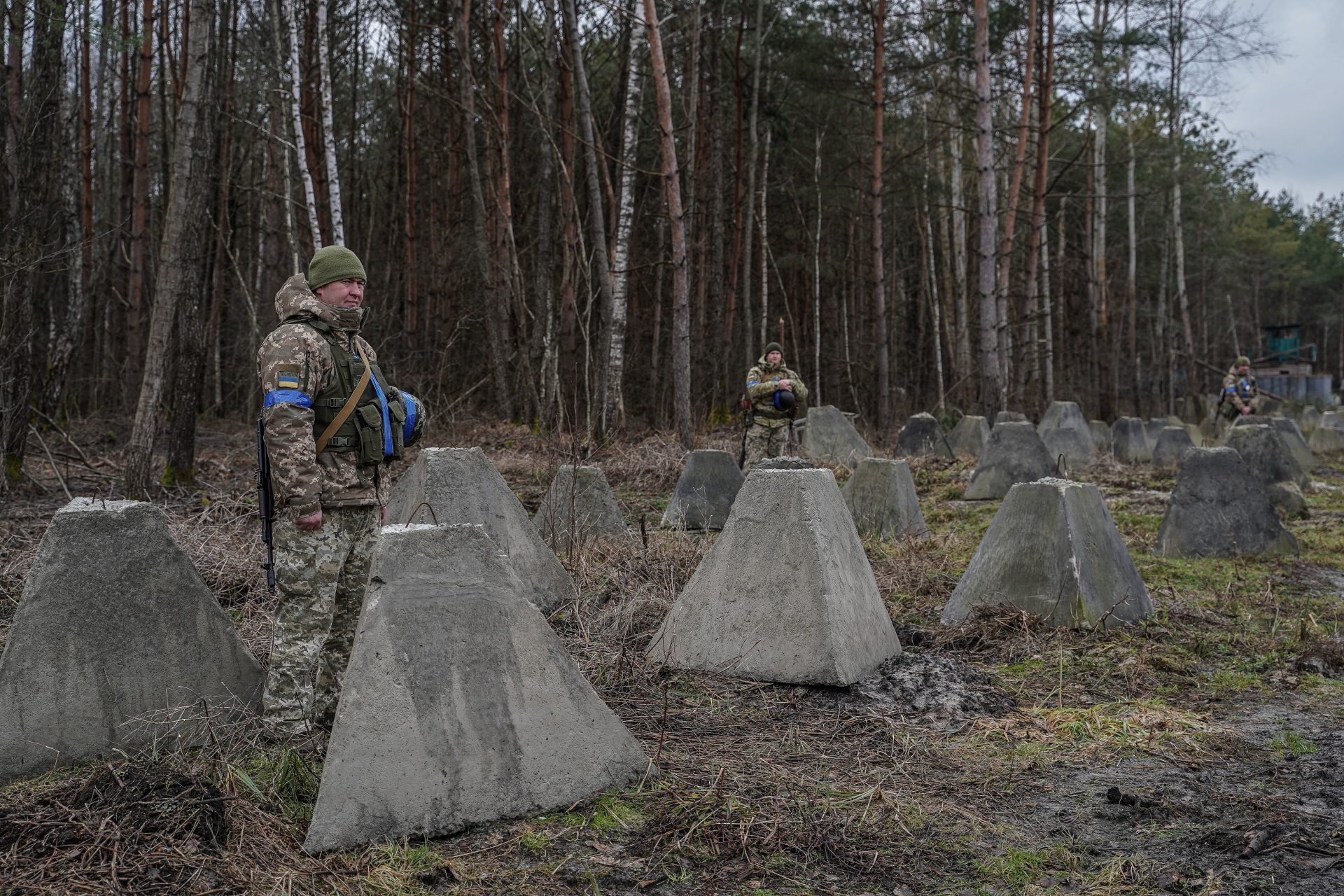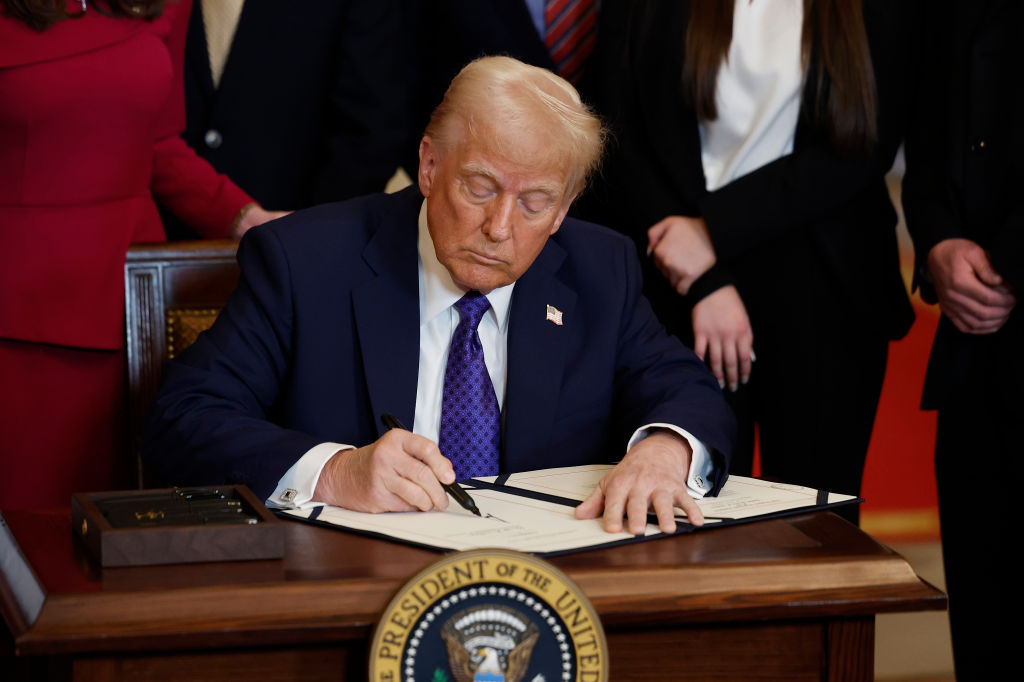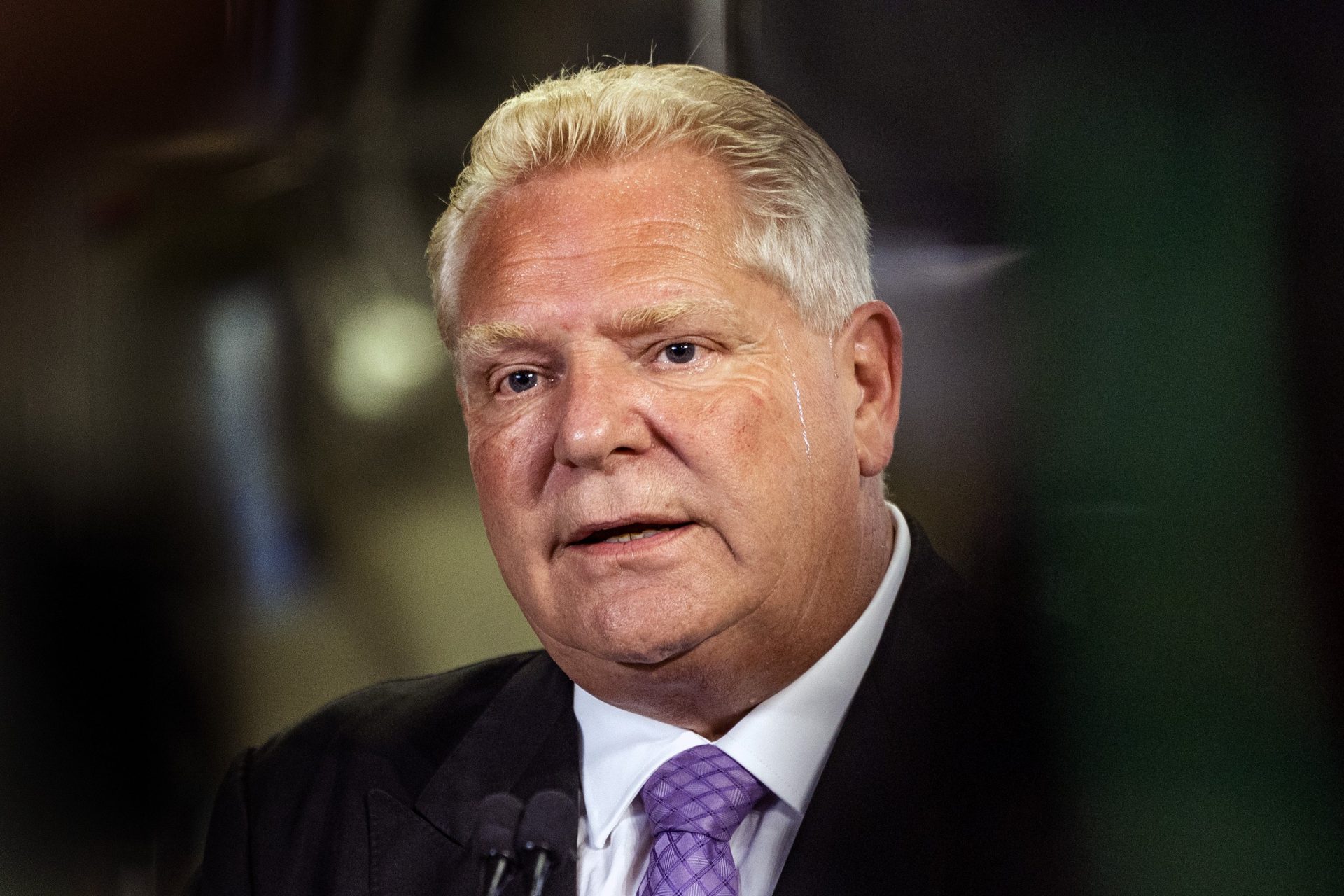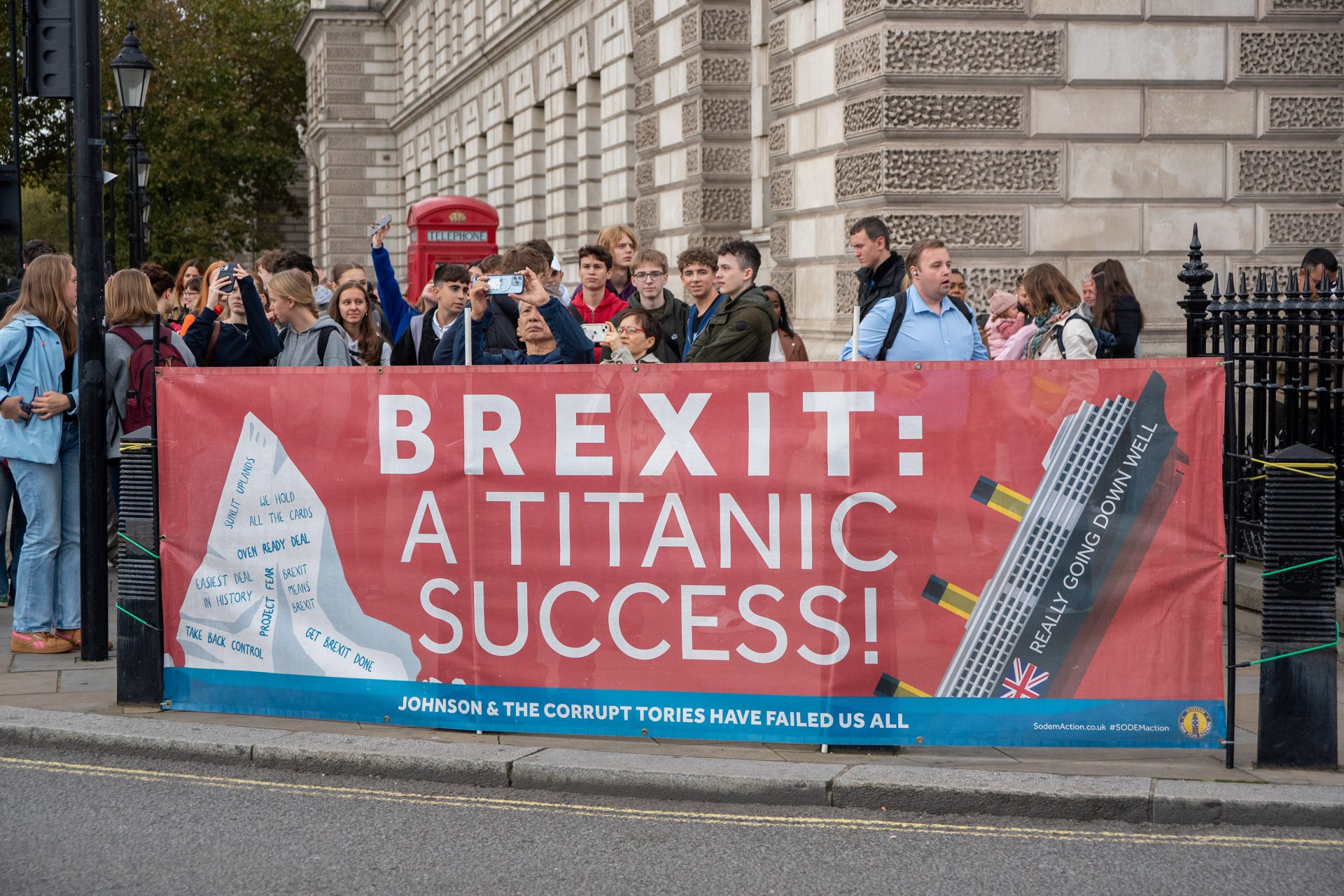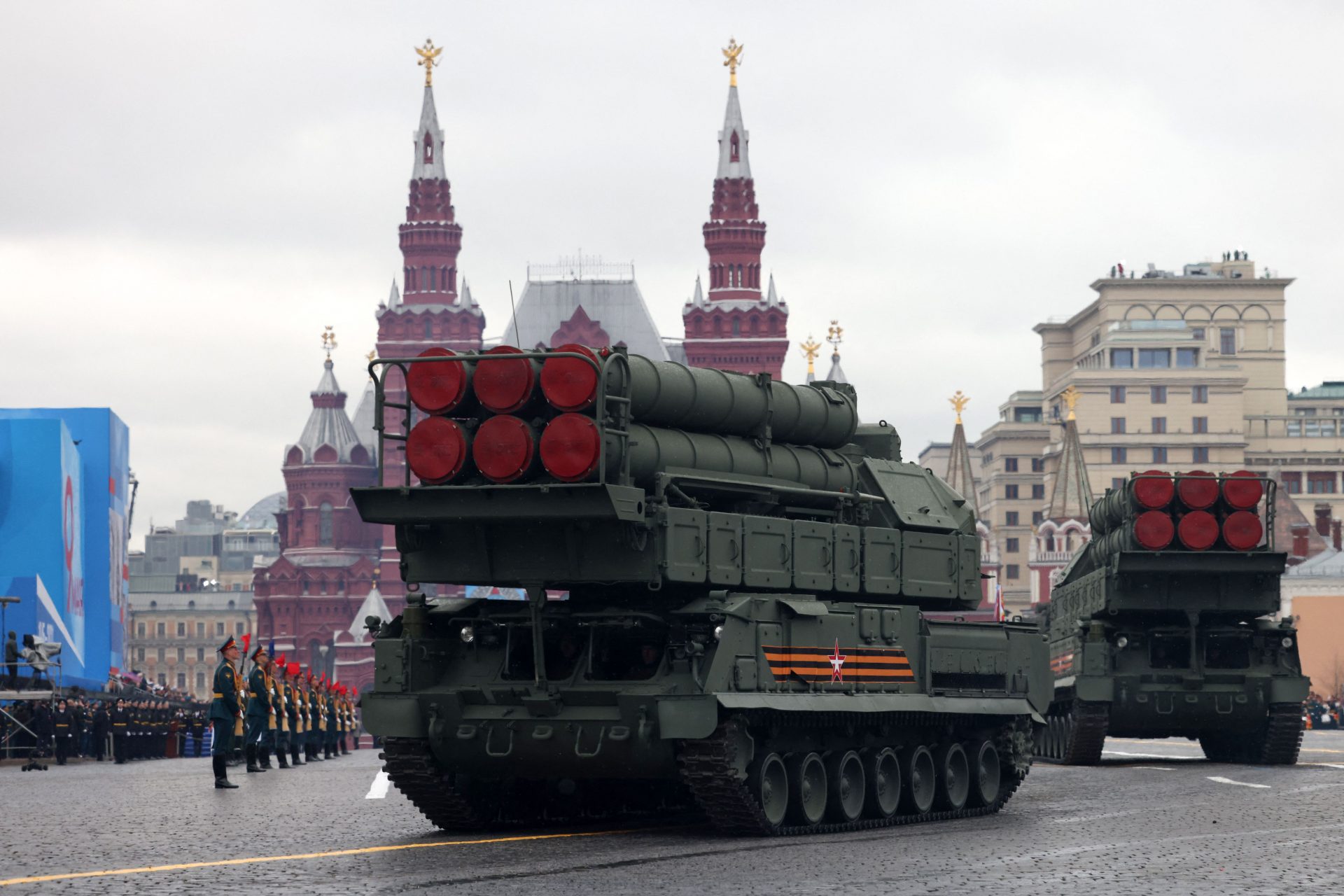Putin is skirting oil sanctions with a shadow fleet of dangerous tankers
Vladimir Putin has assembled an enormous fleet of aging oil tankers in order to avoid Western sanctions and keep Russian oil profits flowing according to media reports.
In December 2022, The Financial Times estimated that Russia had amassed a fleet of roughly 100 older oil tankers to help facilitate the sale of the country’s oil.
“The Kremlin’s push to assemble what the oil shipping industry calls Russia’s ‘shadow fleet’ is an attempt to overcome new international curbs on the country’s oil, wrote Financial Times journalist Miraz Shehnaz, and the move appears to have worked.
Since Russia invaded Ukraine, The European Union and the United States have worked together in order to curb Putin’s oil exports and limit Russia’s ability to fund its war effort.
In December, The European Union banned the seaborne import of Russian oil, and together with the United States, capped the global price of Russia’s most profitable commodity at $60 per barrel.
The package of sanctions passed also included provisions that banned Russia from most maritime services according to NPR’s Jackie Northam and barred companies from accessing shipping insurance and financial services if they were carrying Russian oil.
“Most of the world's maritime services for oil tankers are based in the U.K. and the European Union, so that ban would apply to virtually all tankers plying the world's waters,” Northam wrote in her article on the issue at the time.
Russia retaliated by refusing to deal with any country adhering to the Western oil cap according to Miraz Shehnaz, and shifted its oil sales to more friendly buyers.
Putin turned to China, India, and Turkey as his new primary oil consumers and Russia's President used his shadow fleet to ensure his country's oil made it to anyone willing to buy it.
“The largely anonymous tanker purchases can be tracked by the big increase in unnamed or new buyers appearing in registries,” Shehnaz wrote.
“The vessels are generally 12-15 years old and would be expected to be scrapped in the next few years,” Shehnaz added—noting that the information came from shipping broker Braemar’s head of tanker research, Anoop Shigh.
Putin’s shadow fleet has only grown in size since the sanctions on ships carrying Russian oil went into effect, and the problem is only going to get worse.
“Industry insiders estimate the size of that ‘shadow’ fleet at roughly 600 vessels,” wrote CNN’s Julia Horowitz, “or about 10% of the global number of large tankers.”
“Who owns and operates many of these ships remains a puzzle,” Horowitz added. "New, obscure players swooped in, with shell companies in Dubai or Hong Kong involved.”
“Some bought boats from Europeans,” the CNN journalist continued, “while others tapped old, creaking ships that might have otherwise ended up in the scrapyard.”
The presence of Putin's older ships on the high seas has not only split the global energy system in two but it has also increased the likelihood of an environmental disaster according to experts Horowitz interviewed.
“You’ve got all these old vessels that are probably not being maintained to the standard they should be,” The head of research at EA Gibsons Richard Matthews told CNN.
“The likelihood of there being a major spill or accident is growing by the day as this fleet grows,” Matthews added.
In February, Bloomberg noted that Russian oil and gas profits were down more than 46% compared to the previous year, which shows that Western sanctions are having their intended effect despite Putin’s efforts to amass his vast shadow fleet.
More for you
Top Stories
























